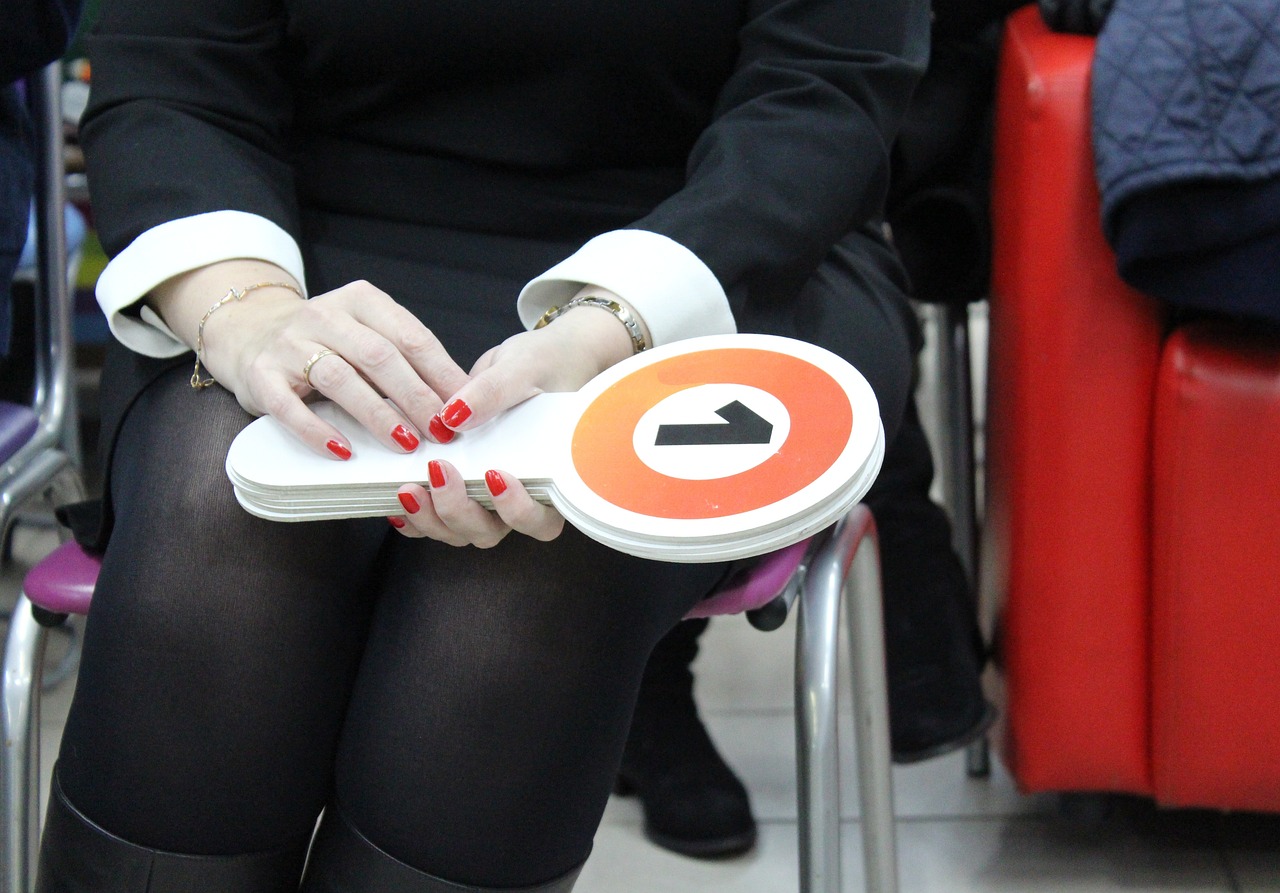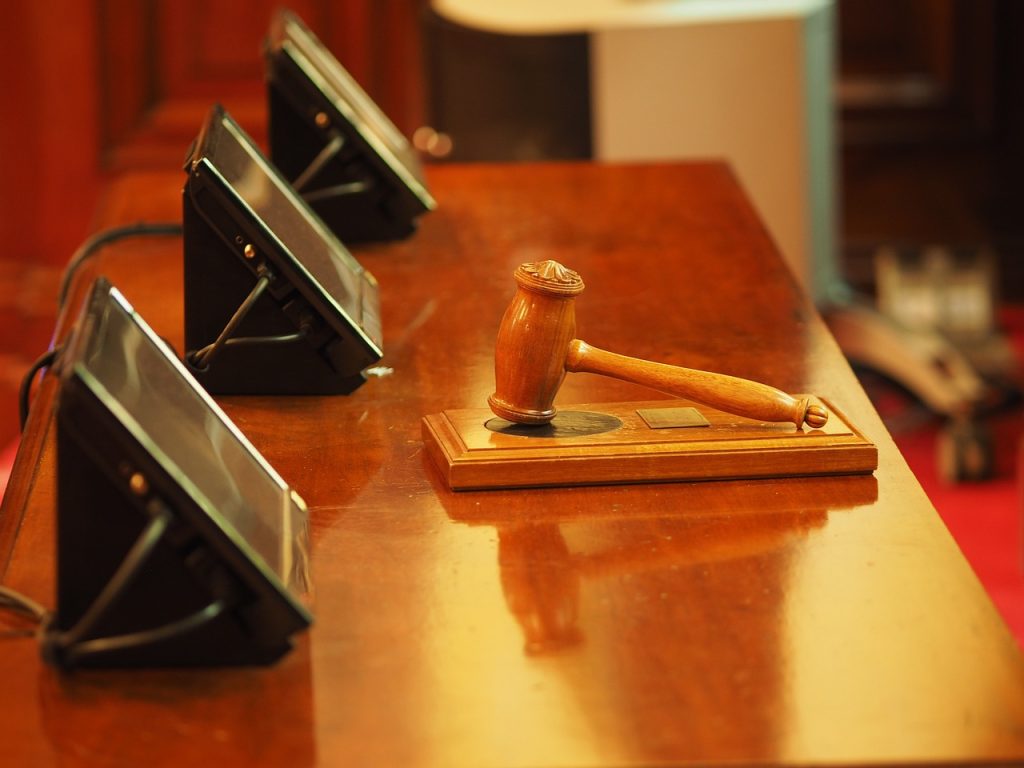
Picture this: You’re at a sleek, dimly lit auction house, surrounded by impeccably dressed bidders. The auctioneer’s hammer is poised in mid-air as the final price for that rare vintage wine inches higher. Hearts are pounding, and then—bang—the gavel falls. You’ve just made your mark in the elite world of rare wine auctions. But here’s the question: Did you just score a liquid gold investment or overpay for a grape juice time capsule?
At rare wine auctions—the stakes are high, the wine is finer than your grandmother’s china, and every bottle could be a goldmine (or a costly mistake). Let’s get you prepped with some insider tips that’ll make sure you pop the cork on a great deal, not a financial headache.
The Thrill of Rare Wine Auctions
Why even bother with rare wine auctions when you can grab a decent bottle of Pinot Noir from the local shop for $15? Well, we’re talking about wines that not only taste like the nectar of the gods but also appreciate in value over time. A bottle of 1945 Château Mouton Rothschild could set you back six figures at auction. But here’s the kicker: That same bottle may have been bought for a fraction of the price a couple of decades ago.
Wine is one of the few luxury items that can increase in value as it ages (assuming it’s well stored—sorry, the wine left in the back of your hot garage doesn’t count). Rare wine auctions provide the perfect opportunity to find treasures that will both thrill your taste buds and diversify your investment portfolio.
1. Do Your Homework, Sherlock
First things first—research. You wouldn’t buy a car without checking its history, right? The same applies to rare wines. Before you attend an auction or bid online, dig into the background of the wine you’re interested in. Is the vineyard well-known? Has it garnered critical acclaim? How has the wine performed at previous auctions? Did it dance its way up the price ladder or trip and fall flat?
Another crucial aspect is provenance—fancy talk for knowing where the wine’s been. You want bottles that have been properly stored in optimal conditions (cool, dark, stable environments) because even the rarest wine becomes a sad vinegar if left to the elements.
Don’t forget to browse resources like Wine-Searcher or auction house catalogs for information. If the bottle has a rich history and pristine storage, you’re on the right track.
2. Patience is a Virtue… But Timing is Everything
You’ve got to know when to hold ’em and when to fold ’em, folks! Rare wine auctions are about timing, and not just when you’re bidding. The timing of when to invest in certain vintages is key to snagging a great deal. Many collectors sell off their stock during times of financial turmoil, which is when savvy investors swoop in like hawks.
Pro tip: Look out for wines that are just about to hit their peak drinking window. Buyers often prefer wines that can be enjoyed immediately, so anything nearing its perfect age could see a price bump. But if you’re patient, you might land a younger bottle with aging potential for a better price. Then you can sit back, let time do its magic, and watch your investment (and the wine) mature.

3. Master the Art of Bidding: Don’t Get Swept Up in the Frenzy
Auctions can feel like high-stakes poker games. The trick is not to let your emotions run the show. Yes, it’s easy to get caught up in the thrill of outbidding that annoyingly smug guy across the room, but stay cool. Set a firm budget before you even lift your paddle—or mouse if you’re bidding online—and stick to it like glue. No matter how glorious that Château Lafite 1982 sounds, don’t blow your kid’s college fund on it.
There’s also a nifty little trick: If you know a particular auction lot has caught the attention of heavy hitters, try bidding on the lots that immediately follow it. Once the big spenders have exhausted their funds on their trophy wine, you might get a better deal on the next batch.
4. Start Small: Build Your Collection
You don’t need to dive into six-figure bottles to start making smart investments. Wine auctions often offer more affordable lots that can still grow in value over time. Take advantage of “mixed lots,” where you can buy a selection of different bottles. It’s like getting a sampler platter at your favorite restaurant, but each bottle could pay off big in the future.
Look for emerging wine regions and up-and-coming vintners who are creating future classics.
5. Consult the Experts (Because, Let’s Face It, No One Knows Everything)
Wine experts and auction house consultants aren’t just there to look fancy in their suits—they can be your best friends. Don’t hesitate to ask for guidance or their opinion on particular wines. Whether you’re navigating your first auction or your 50th, having an expert on speed dial is never a bad idea.
You can also check out our post on How to Choose the Perfect Wine for Any Occasion, which will help you understand the subtleties of various wine types and regions—knowledge that will come in handy during those high-stakes bids.
6. Don’t Forget to Have Fun (It’s Wine, Not Stocks!)
At the end of the day, rare wine auctions should be fun. Yes, you’re making an investment, but it’s an investment in something that can make a Saturday night extraordinary. Plus, it’s a lot more enjoyable to sip your Château Margaux than it is to stare at stock market graphs.
Investing in wine is about passion, curiosity, and a love for the craft. And if you’re lucky, your savvy investment strategy will pay off not just in profits but in unforgettable wine experiences.
Final Thoughts
Rare wine auctions may seem intimidating at first, but with these insider tips, you’ll soon feel like a pro. Remember to do your homework, set a budget, and savor the experience—literally and figuratively. And if you’re feeling adventurous, why not explore some of our other guides like Top Organic and Biodynamic Wines You Need to Try?
So, the next time the auctioneer’s gavel comes crashing down, raise your glass—because you’re about to toast to your smart investment.
Sources:
- Wine-Searcher: www.wine-searcher.com
- Sotheby’s Wine Auctions: www.sothebyswine.com
- Christie’s Wine Department, upcoming auctions: www.christies.com